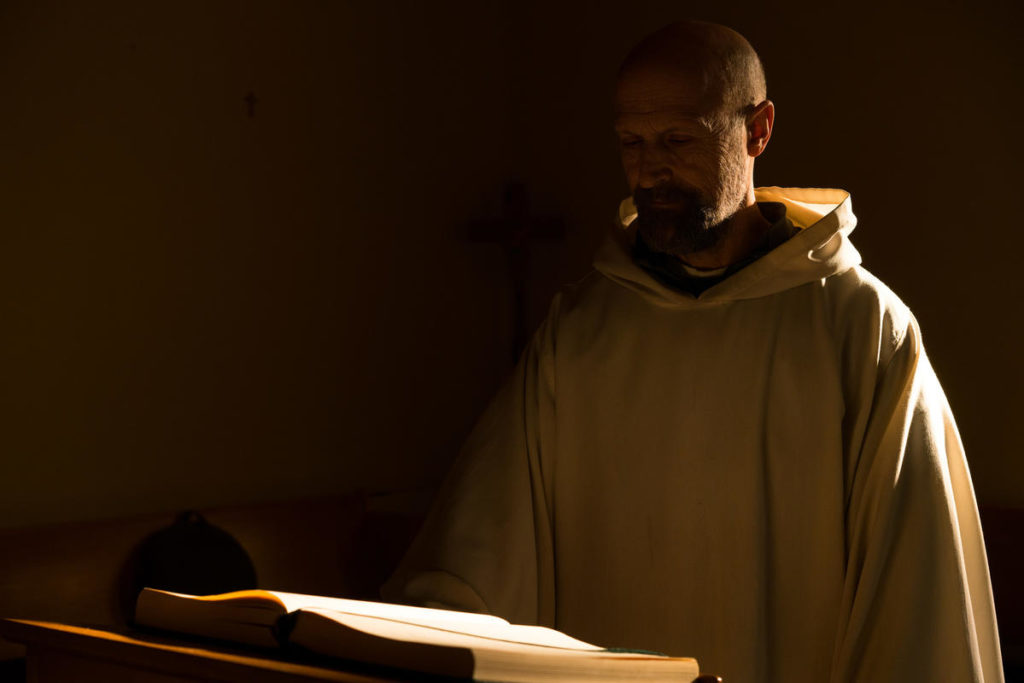The three obstacles: the world, the devil, and the flesh. The world is the least difficult enemy. The devil is the hardest to understand. The flesh is the most tenacious of all and its assaults continue for so long as the old man exists.
The lack of attachment, the lack of attaching our hearts to creatures, not loving in conformant to the will of God. False beliefs, false exercising of dangerous love. Dangerous love: love that binds the heart that is not according to the Will of God, disorderly, in an exaggerated manner, an inordinate affection for another person—emotional immaturity inducing oppressive feelings that stifle the giver and receiver—neither recognized as a child of God.
Degree of intensity. A special love for those nearest to God, while a paternal love for those who were in most need of it, because they were farthest away from God; a sincere practical love for all, a predilection for those closest to God, and a paternal solicitude for those in greatest need.
The obsession of a disorderly love, confinement, attachment,
A childhood reared upon possessing, bewildered, reacting,
Feet kicking, lashing out against the pricks, responding to the pain,
A child of God, knowing not love in imitation of God, thrashing about,
Perpetually cutting teeth, sensitive to the touch, aware and observing,
Emotional immaturity inducing impossible demands, delusion,
Lacking a foundation, the strength of rigid pragmatic exertion,
A dreamer romantically demented, collapsing over and over again,
Time a turntable, cyclically returning, while annually advancing,
Expanding outward, an identity vanishes within struggle and demand,
Toil and strife self-inflicted, bruises—blood spilled underneath the skin,
Something new emerges, infantile, a combination divine while self-created,
Hidden from the world, sheltered from a final storm, granted further time,
Eyes upward, heart wounded, mind open, trusting, hopeful, always learning.





Recent Comments